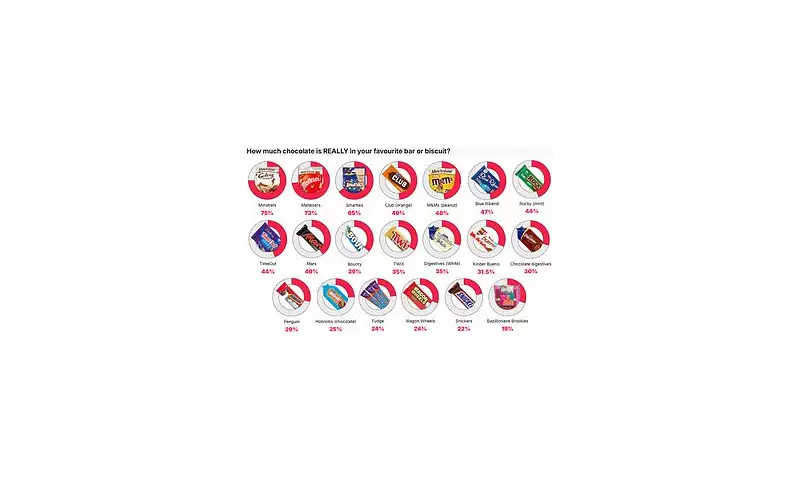
That chocolate bar you're reaching for might not be as indulgent as you think. A startling investigation has uncovered how many of Britain's favourite chocolate treats are being packed with palm oil and other fillers instead of quality cocoa.
What's Really in Your Chocolate?
Food experts are raising alarms about the declining quality of chocolate products lining supermarket shelves. Many popular brands are increasingly relying on vegetable fats, emulsifiers, and other additives to bulk up their products while reducing the actual cocoa content.
The Palm Oil Problem
Palm oil has become the go-to ingredient for many manufacturers seeking to cut costs. This controversial oil appears in numerous chocolate biscuits, sweets, and even some chocolate bars marketed as premium products.
"Consumers are being short-changed," explains one food industry analyst. "They're paying chocolate prices for products that contain less and less actual chocolate. The taste and quality are being compromised for profit margins."
How to Spot Quality Chocolate
- Check the ingredients list: Real chocolate should have cocoa solids, cocoa butter, and sugar as primary ingredients
- Look for certification: Fairtrade and Rainforest Alliance labels often indicate higher quality standards
- Examine the cocoa percentage: Higher percentages typically mean less room for fillers
- Avoid lengthy ingredient lists: The more ingredients, the more likely additives are present
The Legal Loophole
Current food labelling regulations allow manufacturers to call products "chocolate" even when they contain significant amounts of vegetable fats other than cocoa butter. This legal grey area means consumers might not realise they're buying a product that's substantially different from traditional chocolate.
One nutritionist warns: "Many people don't realise that some of these chocolate substitutes contain more palm oil than cocoa. It's essentially a sweet, fatty paste with chocolate flavouring."
The Environmental Cost
The widespread use of palm oil in chocolate production raises environmental concerns beyond just ingredient quality. Palm oil cultivation has been linked to deforestation and habitat destruction in tropical regions.
Consumers looking for ethical and quality chocolate should research brands committed to sustainable sourcing and transparent ingredient lists. The extra effort ensures you're getting real chocolate while supporting responsible manufacturing practices.
As one industry insider concluded: "The chocolate aisle needs a reality check. Consumers deserve to know when they're buying a chocolate product versus a chocolate-flavoured product."





